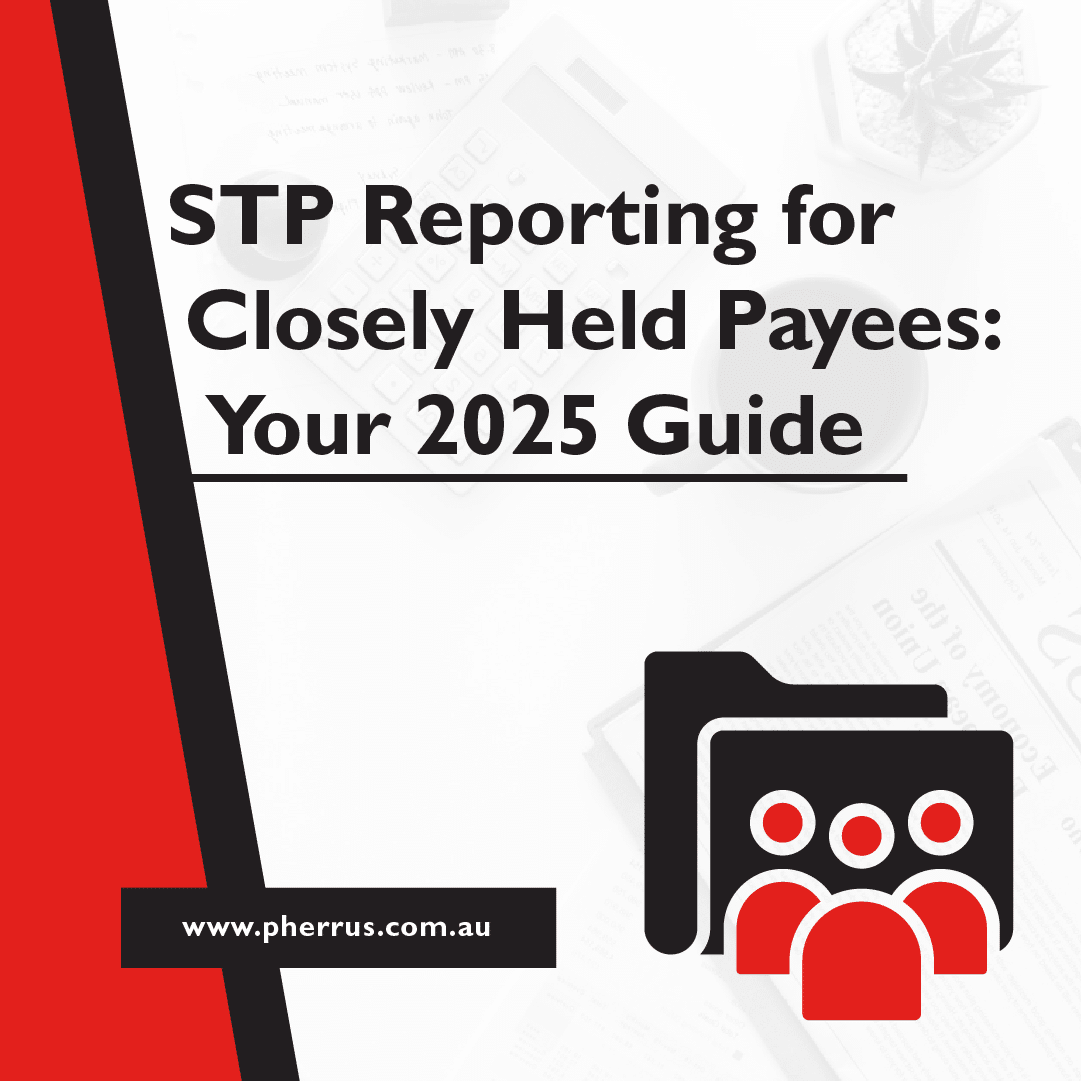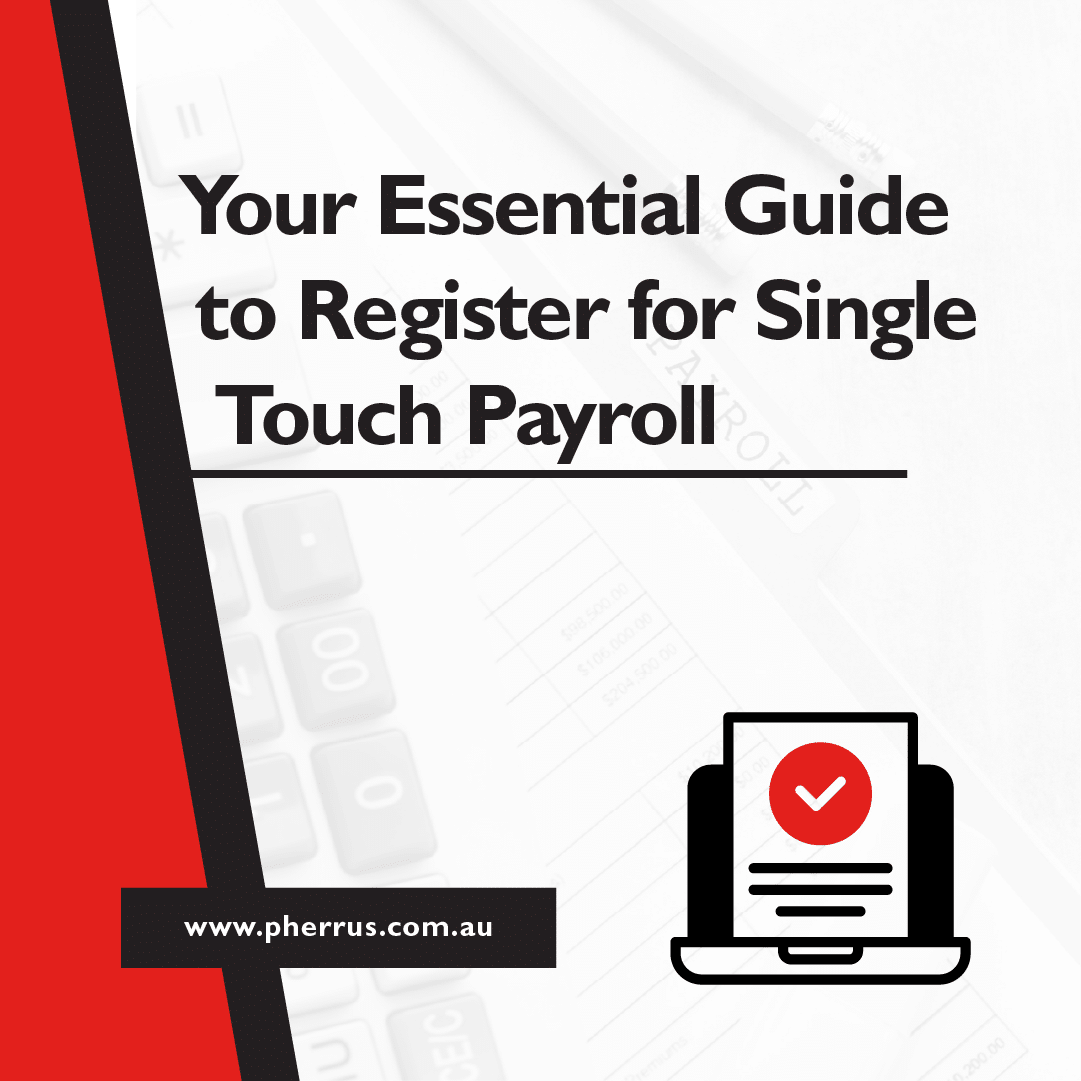Here at Pherrus, we’re committed to keeping our clients in the loop when it comes to anything that might have an impact on your finances, and we’re always staying up to date with any new developments in this sector. A recent report by the OECD(Organisation for Economic Cooperation and Development) has highlighted some potential concerns for the state of the Australian economy.
With house prices rising ever higher (the OECD noted that house prices have increased in real terms by as much as 250% since the 1990s), the housing economy is at risk of a downturn which could reduce household consumption and result in mortgage defaults. In their own words :
A continued rise of the market, fuelled by both investor and owner-occupier demand, may end in a significant downward correction that spreads to the rest of the economy.
This makes Australia more vulnerable of experiencing a recession thanks to a collapse of house prices, as well as household debt also spiralling out of control, though the OECD only puts the chances of this happening at around one in five. This is quite a turbulent time in general in the economic world, with various additional risks facing the Australian economy around the globe including the fallout from Brexit, the US interest rate policy, and the increase of international protectionism.
On the flip side, the OECD believes Australia is in a good position to deal with issues. Australia has more capacity “than many other OECD economies” to resort to measures such as cutting interest rates, and providing a fiscal stimulus, according to the report, so the country should be reasonably well prepared to deal with potential shocks to the economy should they occur.
Overall, though, there’s still some room for optimism. Some of the OECD’s concerns have started to ease since the report was drafted late last year, thanks to signs pointing to a recovery in growth in Europe, Japan, and the US, as well as commodity prices rising. The survey also forecast growth of 2.6% in 2017, rising to 3.1% the next year. This in turn should lead to a reduction in the unemployment rate from 5.5% this year to 5.3% next year.
If you’d like to know a bit more about these events, and how your finances might be affected, then why not speak to some of our expert staff about it here at Pherrus? We can give you specialist advice tailored to your individual situation, thanks to our multidisciplinary team who are always striving to stay up to date with goings-on in the financial world. Even with these announcements by the OECD, we’ll be able to devise a strategy that will ensure sustained growth for you and your business.
Contact Pherrus Financial Services today if you want to learn more from our tax specialists here in Sydney.




